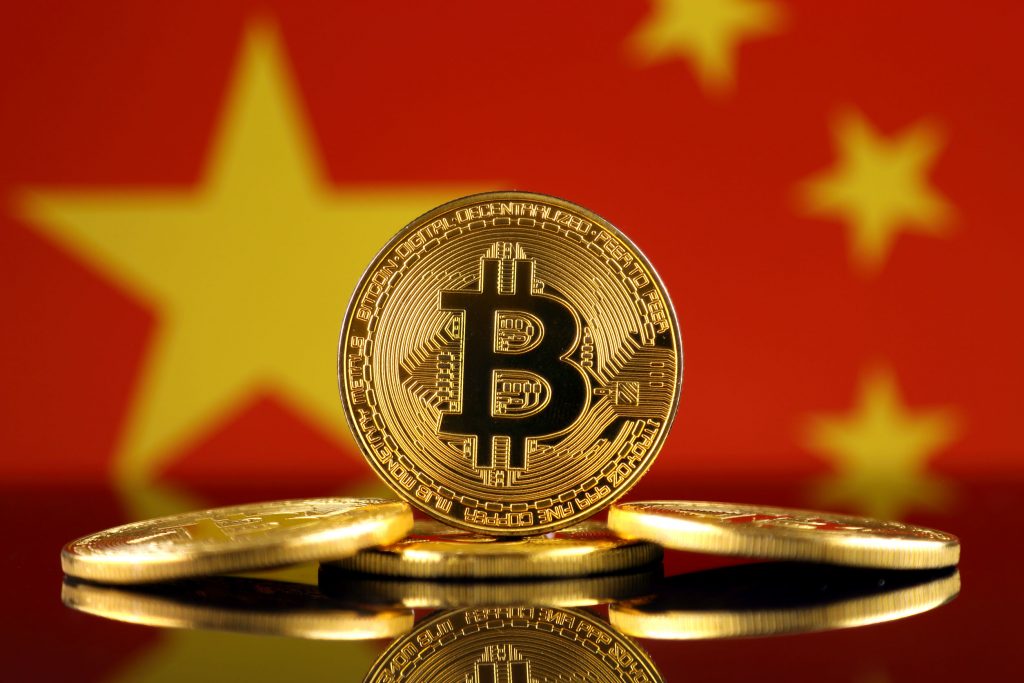
China has a big weakness and that is its wish to dominate the World. It wants to be a super power and control land, air, sea and even space. After becoming the Cheap Factory of the World, from Telecommunications, High End Manufacturing revolution in Automotive, to IoT, AI, Robotics, China is making its presence felt everywhere. After gaining control over Macau and Hong Kong, it is now trying to take over Taiwan. With its Global Infrastructure Plans through its BRI, China’s ambition has no end.
Now China’s Central Bank has signed a strategic cooperation agreement with Ant Group, the fintech affiliate of Alibaba Group, to help build a technical platform for its sovereign digital currency.
China’s Digital Highway
SWIFT, the Society for Worldwide Interbank Financial Telecommunication founded in 1973 is in Belgium. It is dominated by the U.S. dollar. And its platforms, which connect 11,000 financial institutions worldwide, enable the U.S. to enforce sanctions in the service of its foreign policy. To expand global uses of its digital yuan, China’s Central Bank has partnered with SWIFT, the European-based global system for financial messaging and cross-border payments, to set up a joint venture, a move that observers say shows China’s ambitions to take the digital version of its currency, the Yuan, global.
The new entity, Finance Gateway Information Services Co., was established in Beijing in mid-January with registered capital of $12 million, and its business scope includes information system integration, data processing and tech consultancy. SWIFT, the Society for Worldwide Interbank Financial Telecommunication, owns a 55% stake in the venture, while the remaining 45% is co-owned by four institutions under China’s central bank, including the China National Clearing Centre, Cross-Border Interbank Payment System (CIPS) and its digital currency research institute. Once China’s digital yuan takes off globally, its rivalry with the U.S. dollar is expected to intensify.
Ant and Tencent respectively control 54% and 40% of China’s e-payment market. Ant should hand over big data to the central bank. The data won’t remain in private hands. Ant has to turn over its data to a new state-controlled credit scoring company.
China has been developing its electronic Yuan, or e-CNY, since 2014 with an aim to replace some of the cash in circulation. The bank has also been working with Ant and Tencent over the past three years to co-develop the e-CNY country’s two largest e-payment providers. Ant and Tencent respectively control 54% and 40% of China’s e-payment market. Digital cash will first be used for retail payments domestically before it is used abroad. The two sides will jointly promote the development of the e-CNY, based on Ant’s database, Ocean Base, and its mobile development platform, mPaaS. It is being tested in cities such as Beijing, Shanghai and Shenzhen. It is said Ant should hand over big data to the central bank. The data won’t remain in private hands. Ant has to turn over its data to a new state-controlled credit scoring company.
A Threat for the World
Why the world has to worry about the digital yuan is domestically it will allow the Chinese government to monitor every transaction of the users. Its use abroad will allow China to bypass the international settlement system, dominated by the U.S. dollar, a de-dollarization attempt. China’s plans to build a proprietary payments system for cross-border transactions, averting risk from potential sanctions to be imposed by the U.S. that will be enforced through SWIFT platforms.
China will try to “nationalize” most financial services, which are now dominated by private fintech firms, including e-payment, credit ratings or financial management. The dollar far outstrips all other currencies for use in international foreign-exchange trades, at 88% in the latest rankings from the Bank for International Settlements. The yuan was used in just 4%. Question is will ever the private sector accept the e-CNY, since most private businesses consider cash flows as sensitive?
A Digital Debt-trap
China will even dramatically expand its pilot program for digital currency to include all major large cities and in places related to the 2022 Beijing Winter Olympics. It is expected to give China’s government vast new tools to monitor both its economy and its people. Ultimate aim of digital yuan is aimed at protecting China’s “monetary sovereignty,” including by offsetting global use of the dollar.
Most worrisome was a response to a nuclear-missile development by North Korea secretly funded with digital yuan. Nicholas Burns, American diplomat was quoted, “The Chinese have created a problem for us by taking away our sanctions leverage.” Pakistan can also follow the North Korea way with China’s design on sanctions.
President Xi Jinping last year called for China to seize the opportunity to set international rules for digital currencies. The Digital Currency can be used as a lender to small and medium countries with rich mineral resources. Through its debt trap diplomacy and lending through its e-CNY, it can control nations.
President Xi Jinping last year called for China to seize the opportunity to set international rules for digital currencies, much as Beijing sought to influence and dominate an array of advanced-technology standards such as for 5G telecommunications, driverless cars and facial recognition. The Currency can be used as a lender to small and medium countries with rich mineral resources. Through its debt trap diplomacy and lending through its e-CNY, it can control nations.
Further, China has experienced US Sanctions on Chinese banks in 2012 when Bank of Kunlun, a regional Chinese lender entered into financing deals with Iran. Its effect on India will be huge as South Asian Countries, South East Asia, Africa and South America may fall prey to the Chinese designs. The e-CNY will have national security and financial implications for India which it has to be prepared for with a robust contingency plan.
M.AM.PhiL/(PhD SNU South Korea)
